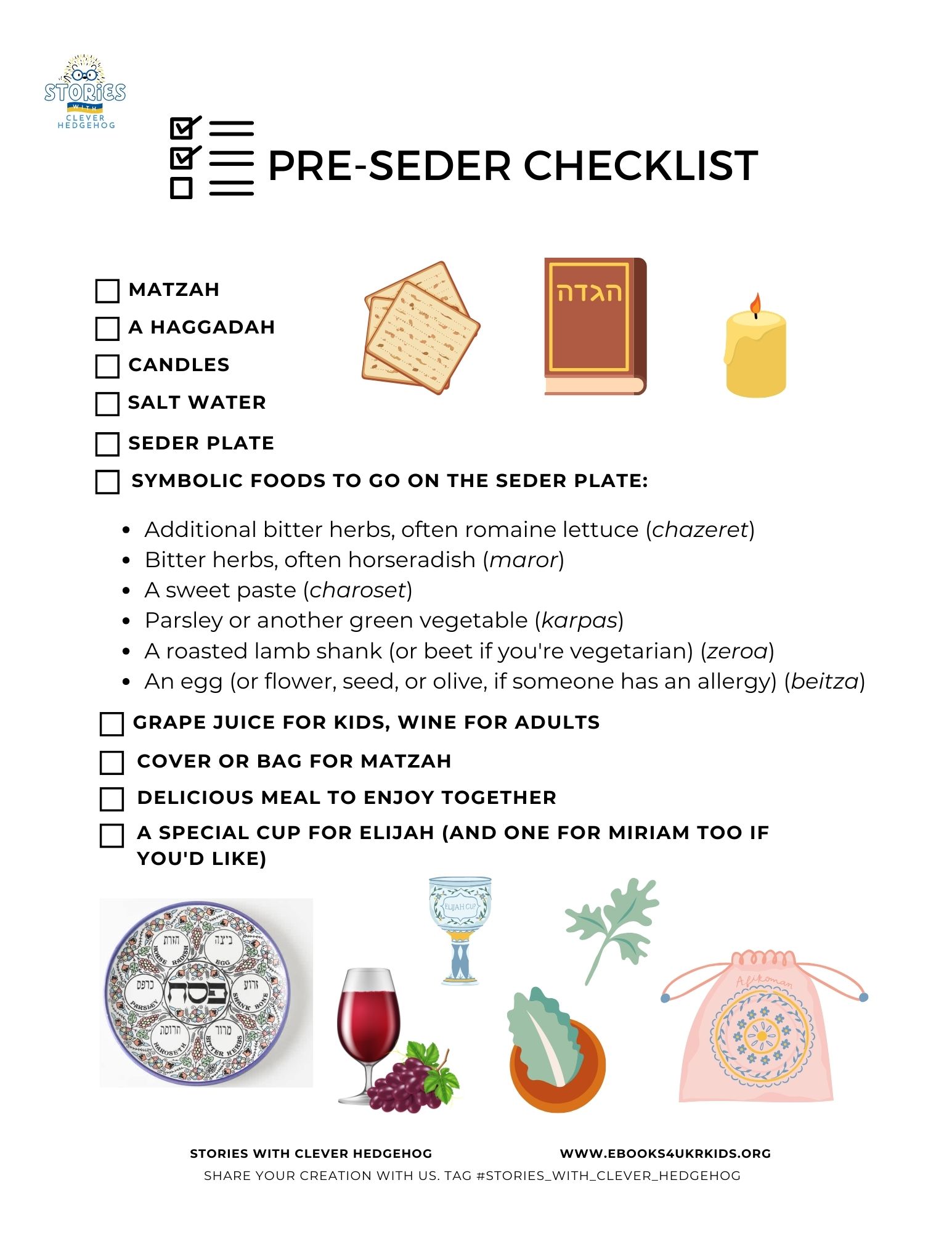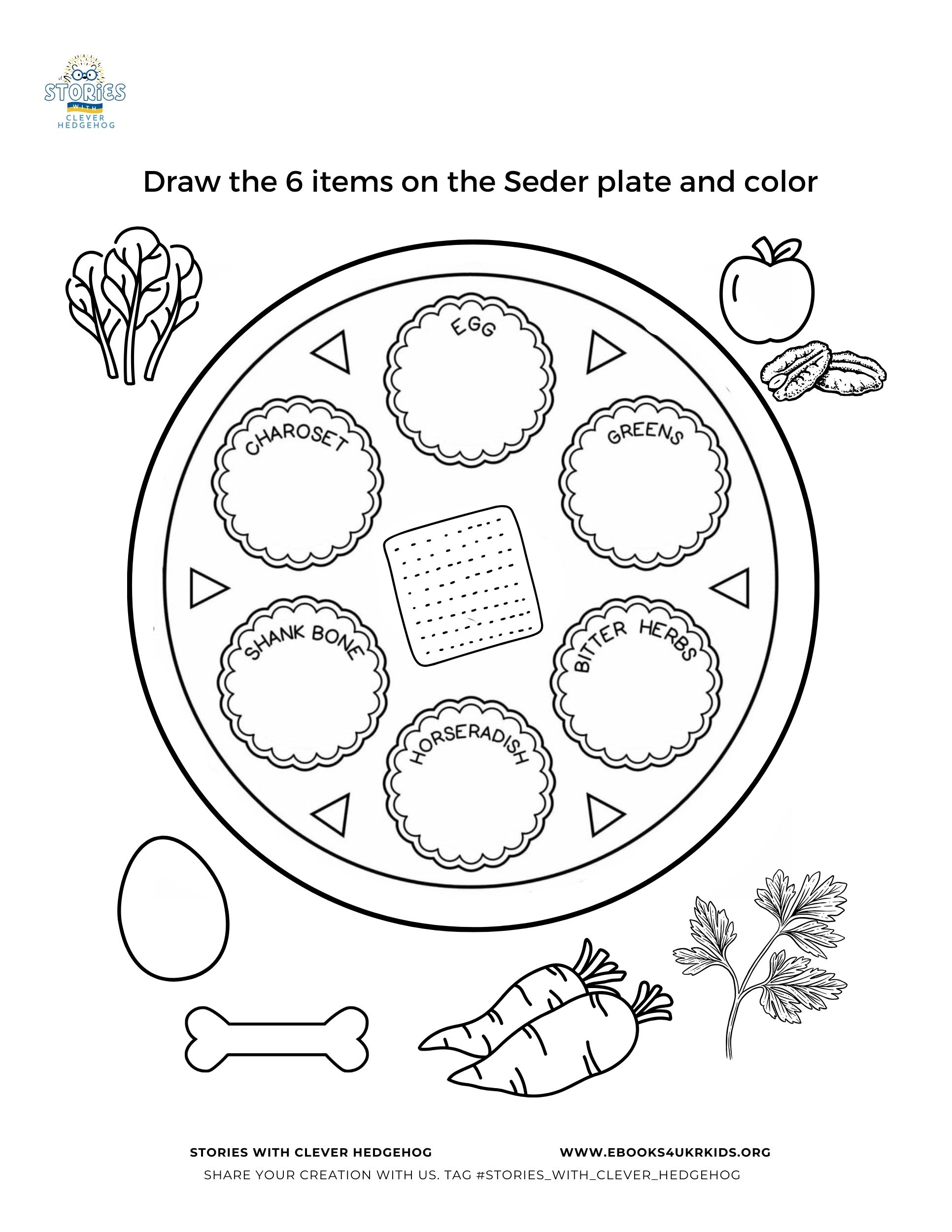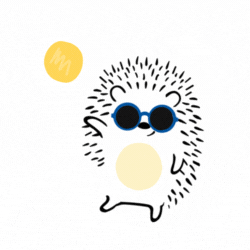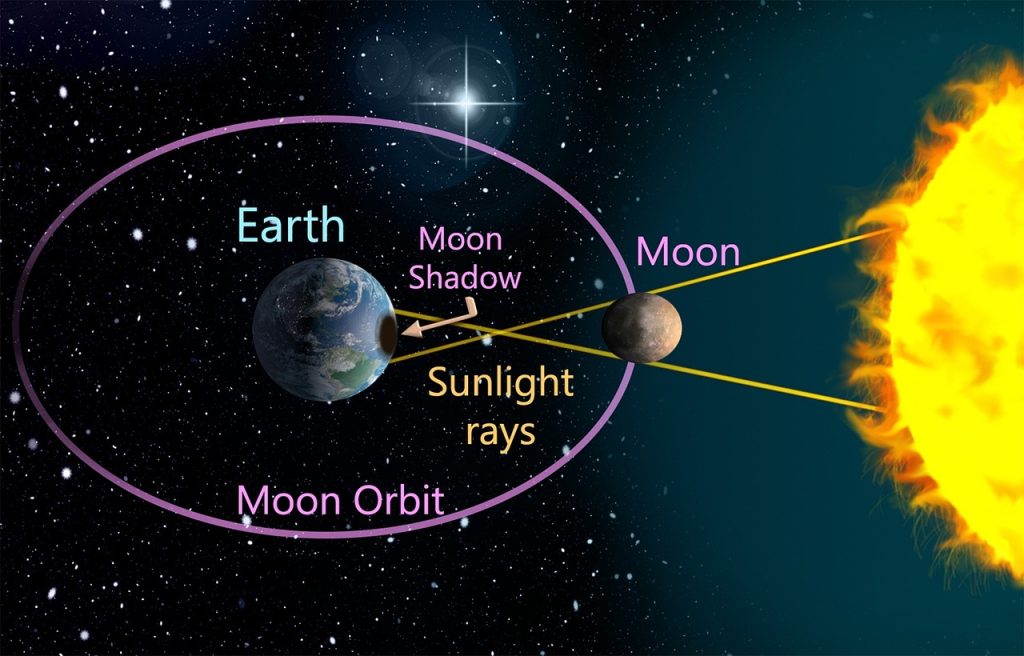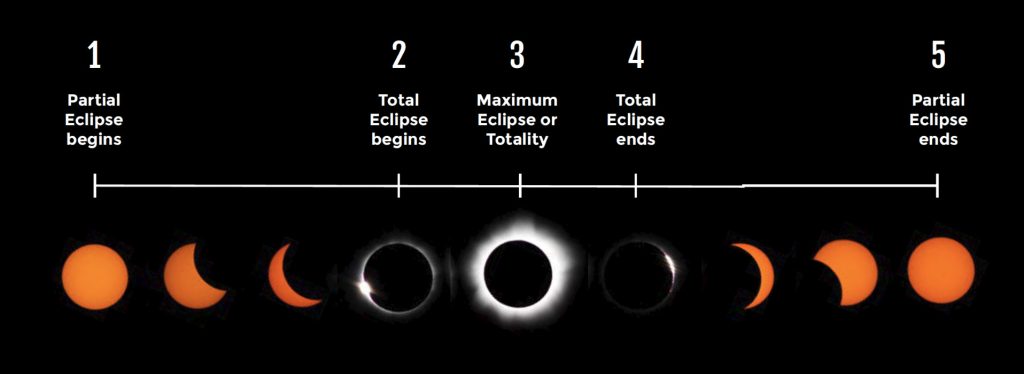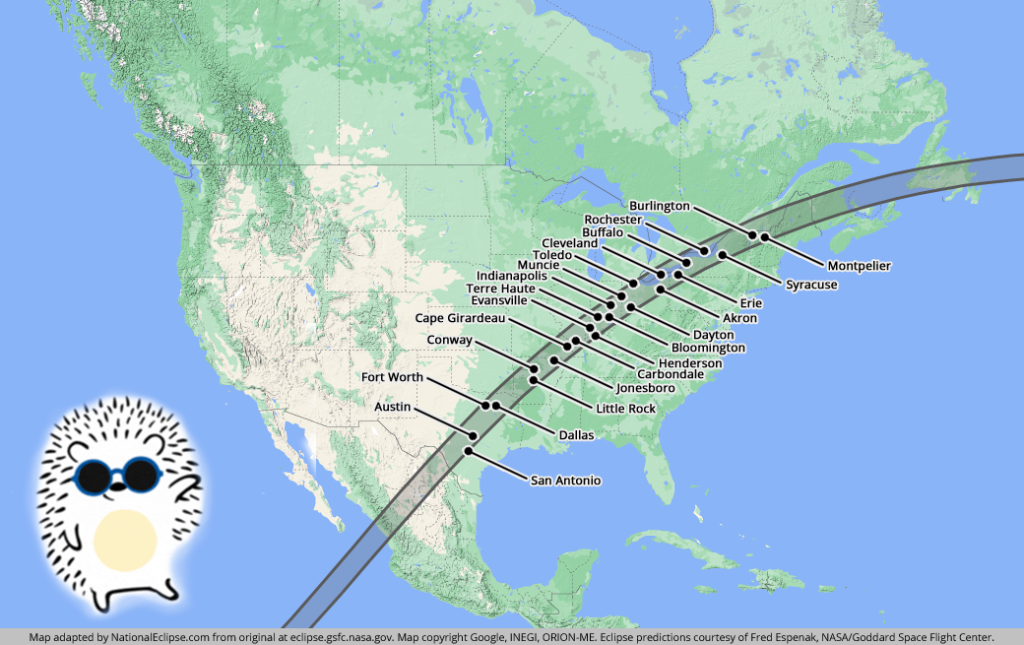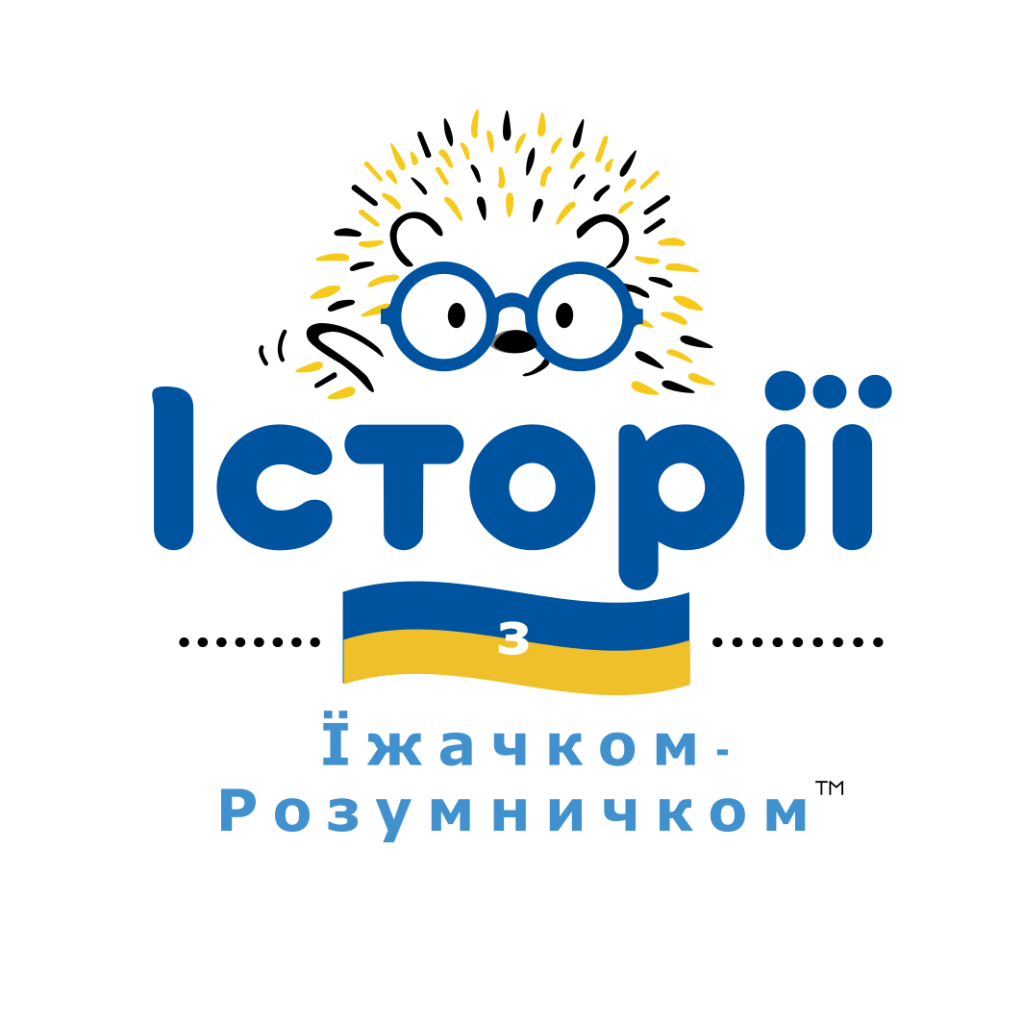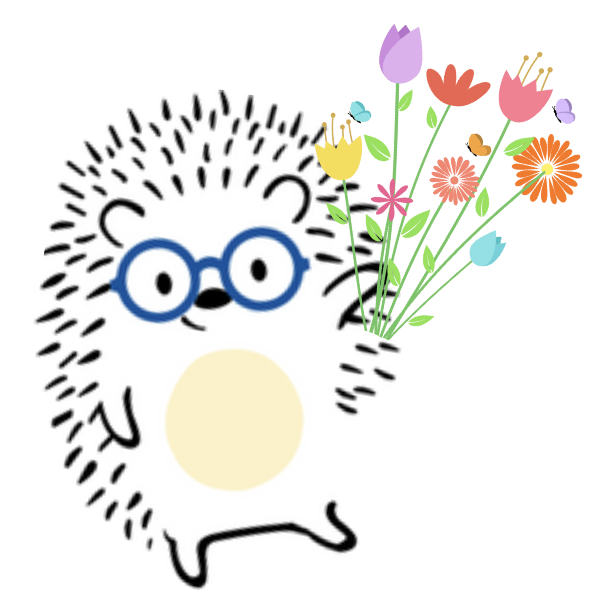
This week, Jewish people around the world are celebrating a special holiday – Passover, also known as Pesach. Passover is one of the most important holidays in Jewish culture, marked by various traditions and customs that bring families together.
Passover is celebrated for seven days. This year the festival begins on sunset Monday, April 22, 2024, and ends in the evening of Tuesday, April 30, 2024.
Origin of the holiday
A long time ago, more than 3,000 years ago, there were people called the Israelites who were not free. They had to work very hard for people called the Egyptians with a king Pharaoh. But one day, a brave leader named Moses helped the Israelites escape from the Egyptians.
Passover is all about remembering this story of freedom and being thankful for it. Families get together, sing songs, eat special foods, and tell stories about how their ancestors became free. It is a holiday of rejoicing when Jews around the world remember their history and reaffirm their commitment to freedom, justice, and faith.
Preparation for Passover
The preparations for Passover typically begin weeks in advance, with thorough cleaning of homes and removing any leftover crumbs or boxes of crackers hiding around your home. This process, known as “spring cleaning,” symbolizes the removal of impurities and the renewal of spiritual life.
You can do a “Chametz-hunt” with your family, using flashlights or candles to search for any leftover crumbs or errant boxes of crackers hiding around your home.
Passover Dinner
Passover is one of the major festivals in Jewish culture. Imagine having a big family dinner with special food, songs, and stories. Passover is like that but with a special meal held on the first two nights of the holiday, called Seder.
People gather with family and friends to retell the story of the Jewish people leaving Ancient Egypt, read the Haggadah – a guidebook to the Passover evening meal (Seder), containing ancient texts dating back to old times, and eat symbolic foods in a particular order (the Hebrew word seder means “order”).
The Seder plate holds symbolic foods, including matzah (flat bread), maror (bitter herbs), charoset (a sweet paste), and a roasted shank bone, among others.
Families also gather for festive meals throughout the week-long holiday, enjoying traditional dishes such as brisket, gefilte fish, and tzimmes. In addition to the Seder, Passover is marked by additional religious observances, including special synagogue services.
Why eat matzah during Passover?
Matzah plays a central role in Passover observance, symbolizing the rush in which the Israelites fled Egypt after the Pharaoh finally agreed to let them go.
There was no time to get ready or to wait. They had to leave in a hurry, so they didn’t have time for their bread to rise. That’s why during Passover, Jews eat flat crackers called matzah instead of regular bread. Throughout the holiday, Jews consume matzah in various forms, such as matzah ball soup, matzah pizza, and matzah brei.
The seder can’t end without finding the afikomen, a special piece of matzah that is hidden during the meal. Enjoy making an Easy Afikomen Bag with the little ones, who race to find the hidden matzah.
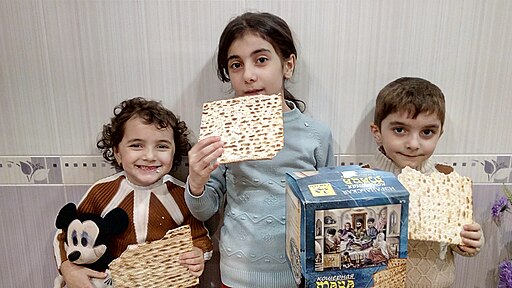
The Four Questions for Children on Passover
The Four Questions are traditionally recited at the seder by the youngest child present. All four questions help answer one big question: Why is this night unlike all others?
- On this night, why do we eat only matzah?
- On all other nights we eat all kinds of herbs. On this night, why only bitter herbs?
- On all other nights, we do not dip our herbs even once. On this night why do we dip them twice?
- On all other nights we eat sometimes sitting and sometimes reclining. On this night, why do we all recline?
Find these question and their answers to practice with your children here
Passover Fun for the Whole Family
Passover Crafts
Dayenu (Passover song)
Passover Song for Kids |
tags: Explaining Passover to young children, Passover resources for parents and kids, The significance of ‘The Four Questions’, Toddler-Friendly Seder

